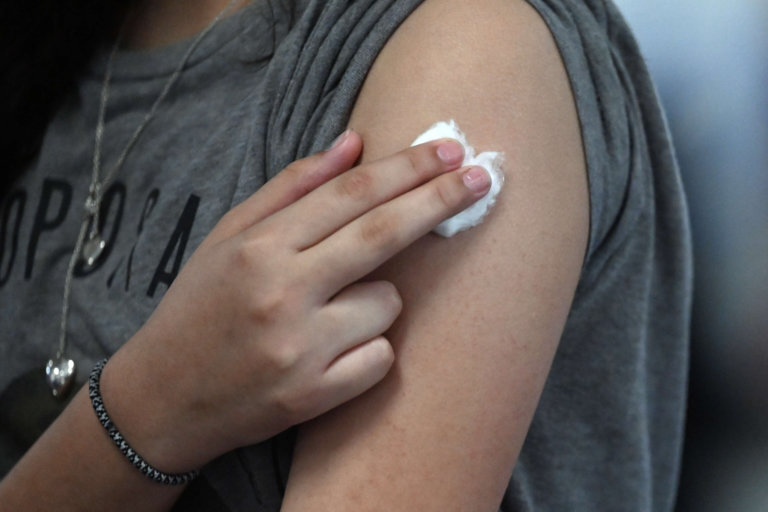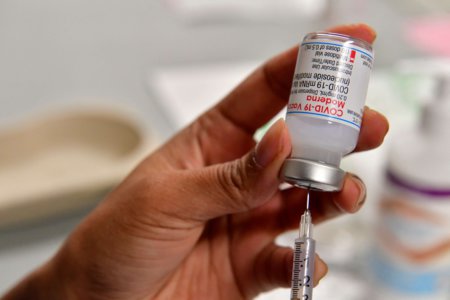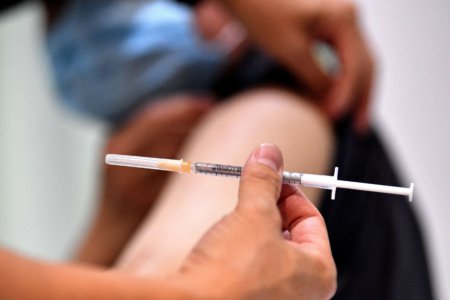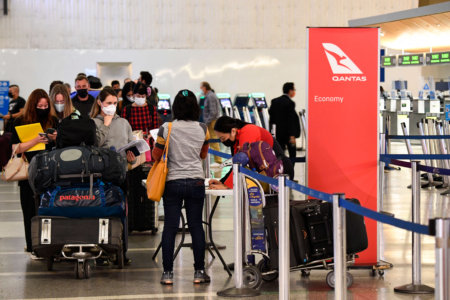
If you’re going to start or resume your studies overseas anytime soon, you may be glad to hear that you don’t need a booster vaccine for travel — yet.
While the world tries to reorient towards the new COVID-19 strain, Omicron, a common refrain has begun to crop up: that of the importance of getting a booster vaccine. Global COVID-19 infections continue to rise — the US, UK, France and Australia have all shattered records for daily reported cases, bringing into question when a return to normality will seem viable.
Meanwhile, the World Health Organisation (WHO) has compiled several updates on the variant. Its incident manager for COVID, Dr. Abdi Mahamud, said that while the data suggesting Omicron causes milder illnesses is encouraging, it has mostly spread among younger, more resilient people, making it difficult to determine how severe it truly is.
“We all want this disease to be milder, but the population it affected so far is the younger,” he said on Wednesday. “How it behaves in the elderly population, the vulnerable — we don’t know yet.
The Executive Director of WHO health emergencies programme, Dr. Mike Ryan, added that most people in South Africa, where the strain emerged, have antibodies from prior infection. This may have contributed to the variant’s supposedly milder effects in the area.
“What we haven’t seen is the Omicron wave fully established in the broader population,” he said. “I’m a little nervous to make positive predictions until we see how well the vaccine protection is going to work in those older and more vulnerable populations.”

Governments are urging their populations to get a booster shot as soon as they are eligible / Source: Spencer Platt/AFP
Governments shorten interval for booster shots
To combat this wave, at least 126 governments have urged their populations to get a booster vaccine. Of this number, the WHO notes that most of these are classified as high-income or upper middle-income level — making it likely that most higher education destinations for international students will have advised this course of action.
Indeed, the US, Australia, UK, New Zealand and Canada have all made booster vaccines available to adults aged 18 or over. Many of these countries have shortened the interval between the second and third dose from the recommended six months to three or four.
Do I need a booster vaccine for travel?
At the moment, no countries have indicated that they require passengers to have gotten a booster to be considered fully vaccinated. However, this is likely to change next year should Omicron persists — which, given the circumstances, seems the most probable scenario.
Countries such as Croatia, Australia and New Zealand have confirmed that they will limit the validity of vaccine passports. With this, travellers will only be considered fully vaccinated for one year after their second dose or booster. The UK has also updated its National Health Service (NHS) app to include a third booster jab for travel, a subtle move to nudge its population towards getting a booster dose.
However, some universities are making it mandatory for students to get a booster vaccine to attend classes. Have a look at our guide on booster requirements in US universities here.

Many US universities are making booster vaccines mandatory for students. Source: Joel Saget/AFP
Do I need to be fully vaccinated to travel?
Most countries, including the US, Australia, Canada and New Zealand require travellers to be fully vaccinated to enter their borders. To qualify, travellers must have had a full course of any COVID-19 vaccines approved by the country’s health authorities.
Additionally, travellers usually have to conduct several COVID-19 tests both pre-departure and on arrival, and be restricted to hotel quarantine or self-isolation after they land.
The UK currently does not make it mandatory for travellers coming into the country to be fully vaccinated. However, those who are not will have to undergo a 10-day hotel quarantine even with a negative COVID-19 arrival result, which is not required out of fully vaccinated travellers.










